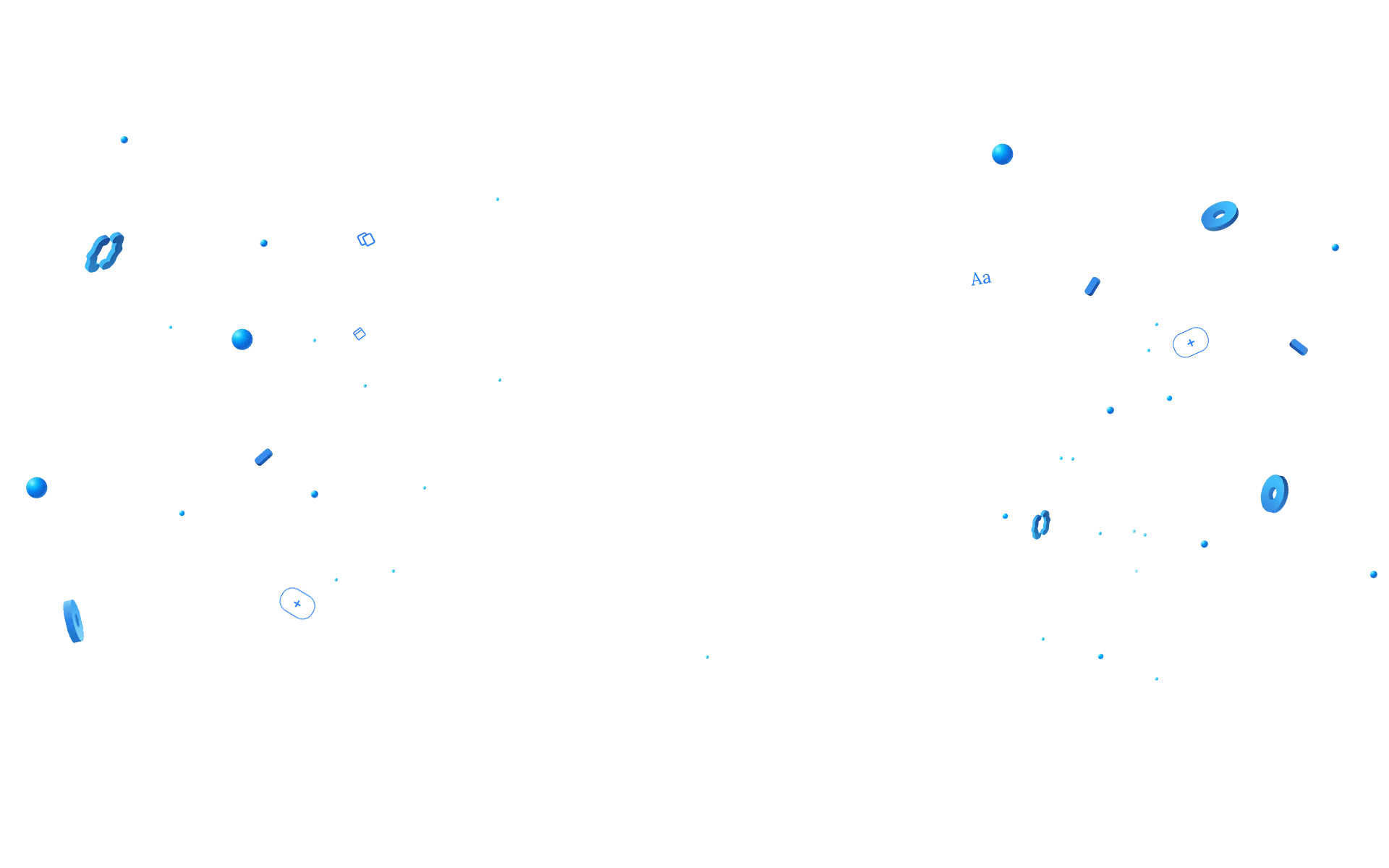Mental Disorders
Bipolar
Bipolar disorder is a mental health condition that significantly impacts a person’s mood, energy, and behavior. Affecting over two million people in the U.S., it can cause extreme mood swings that range from manic highs to depressive lows. While bipolar disorder is typically a lifelong condition, it can be managed with proper treatment from a mental health professional, enabling individuals to live fulfilling lives.
What is Bipolar Disorder?
Bipolar disorder is characterized by shifts in mood, behavior, and cognition, leading to episodes of mania (high energy, impulsivity, and elevated mood) and depression (low energy, sadness, and apathy). These changes can severely impact a person’s daily functioning, relationships, and decision-making abilities. While the condition can be disruptive, with the right treatment plan, individuals can maintain stability and control over their symptoms.
Common Signs and Symptoms of Bipolar Disorder
Bipolar disorder manifests differently in each person, but some of the most common symptoms include:
1. Mood Swings
One of the hallmark signs of bipolar disorder is extreme mood swings. These include periods of:
- Mania: This is characterized by high energy levels, feelings of euphoria, increased self-confidence, and impulsive behavior. During manic episodes, individuals might make risky decisions, have racing thoughts, or engage in behaviors they later regret.
- Depression: Following manic episodes, individuals often experience deep lows. During this phase, they may feel sad, hopeless, and withdrawn, with little interest in activities they once enjoyed. A lack of energy and difficulty concentrating are also common symptoms of the depressive state.
2. Behavioral Concerns
Behavioral changes accompany these mood swings, and they vary depending on the phase of bipolar disorder. During mania, individuals might make reckless choices—such as risky financial decisions, engaging in dangerous activities, or acting on heightened sexual impulses. On the other hand, depressive states can lead to withdrawal from social interactions and even suicidal thoughts in severe cases.
3. Cognitive Symptoms
Bipolar disorder also affects cognitive function, including:
- Delusions or irrational beliefs
- Difficulty concentrating
- Racing thoughts or rapid speech
- Feelings of grandiosity or superiority
These cognitive issues can be present during both manic and depressive episodes or even during periods of relative stability.
4. Additional Symptoms
Other symptoms can vary depending on the individual, but may include difficulty sleeping, paranoia, fluctuations in weight, or speaking more rapidly during manic episodes. A comprehensive assessment by a mental health professional is crucial to identifying and addressing all symptoms.
Different Types of Bipolar Disorder
Bipolar disorder is not a one-size-fits-all condition. There are four primary types, each with unique characteristics:
- Bipolar I Disorder: Characterized by at least one manic episode, which may be followed by depressive episodes.
- Bipolar II Disorder: Involves hypomanic episodes (less intense than full mania) and more severe depressive episodes.
- Cyclothymic Disorder: Consists of periods of hypomania and mild depression that last for at least two years.
- Unspecified Bipolar Disorder: Symptoms exist but do not fit neatly into the other categories.
A licensed psychiatrist can determine which type of bipolar disorder an individual has based on a thorough evaluation.
Treatment Options for Bipolar Disorder
Treatment for bipolar disorder typically involves a combination of medication and therapy. Effective management helps individuals reduce the frequency and severity of mood swings, making it easier to maintain stability. Common treatment options include:
1. Medication
Medications such as mood stabilizers, antipsychotics, and antidepressants are commonly prescribed. These medications help manage the chemical imbalances in the brain that contribute to mood swings and other symptoms.
2. Therapy
Cognitive Behavioral Therapy (CBT) and other types of psychotherapy are essential parts of treatment. Therapy helps individuals recognize unhealthy thought patterns, develop coping strategies, and improve emotional regulation.
3. Lifestyle Adjustments
In addition to medication and therapy, making lifestyle changes can have a significant impact. Regular exercise, a balanced diet, stress management techniques, and consistent sleep patterns all play a role in maintaining mental health stability.
What to Expect at Your First Psychiatrist Visit
During your first visit to a psychiatrist, the goal is to assess your symptoms, discuss your concerns, and create a personalized treatment plan. The psychiatrist may ask about your medical history, mood patterns, lifestyle factors, and family history. They may also use diagnostic tools to determine the type of bipolar disorder and the best course of action.
Living with Bipolar Disorder: Hope Through Treatment
Bipolar disorder can be a challenging condition, but with the right diagnosis and treatment plan, individuals can lead fulfilling and stable lives. Managing mood swings, cognitive issues, and behavioral symptoms requires patience and persistence, but professional support is always available to guide you through the process.
If you or someone you know is experiencing symptoms of bipolar disorder, consider seeking help from a qualified mental health professional. Proper diagnosis and treatment can make all the difference in achieving a stable and happy life.
Ready to Seek Help?
At Supreme Health & Wellness, our dedicated team of mental health professionals is here to help. We understand the complexities of bipolar disorder and are committed to providing compassionate care tailored to your needs. Reach out today to schedule a consultation and begin your journey toward stability and well-being.
For more information or to book an appointment, visit Supreme Health & Wellness or call us at (786) 968-4172.

Leave us a message and one our specialist will reach out
Most insurances accepted



